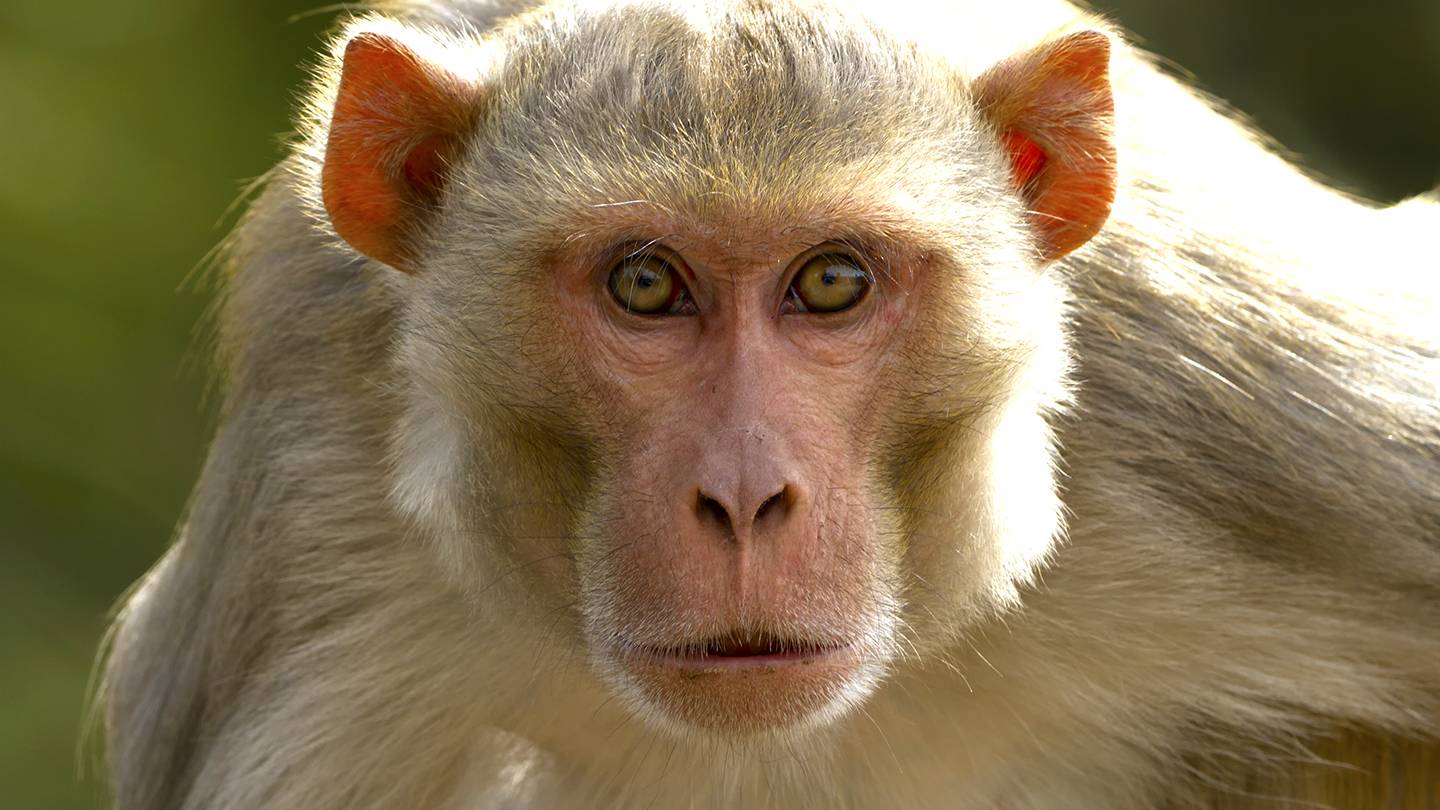Monkey Gambling Study
Canadian Professor takes Simian Gambling Research to “Outdoor Lab”.
Gambling monkeys help scientists find brain area linked to high-risk behavior. Study identifies neural circuits involved in making risky decisions. Monkey business: Researchers. Monkeys who learned how to gamble have helped researchers pinpoint an area of the brain key to one's willingness to make risky decisions. Watch bartering monkeys in Bali in this video shot by Jean-Baptiste Leca: Leca wants to take the bartering research one step further with a new study, asking whether these monkeys can gamble.
Most scientists conduct their research in a lab, where they can control the environment. Experimental requisites generally call for tractability, but not always. In some cases, studying a subject in its own unencumbered environment proffers the most reliable results. That’s what one Canadian professor is banking on as he makes his way to Bali for his latest investigation.
Dr. Jean-Baptiste Leca, Professor of Psychology at the University of Lethbridge in Alberta, has spent years observing the wily ways of the macaque monkeys of eastern Asia. His observations include everything from the frugivorous creatures’ knack for bartering, to famously reported incidents of female macaques humping the backs of deer in Japan. This year, his intent is to find out if the macaque can take their cultured talents to a new level in the “outdoor lab” of Indonesia’s most popular tourist destination.

Canadian Professor to Conduct Simian Gambling Research
Prof. Leca believes that the curiously adept bartering skills of the macaque monkeys could identify them as high-risk subjects for problem gambling. It seems like a stretch, but having studied these simians for many years, his expertise deserves some merit.

The macaques of Bali – particularly those on the southern tip of the island – have developed a unique form of trade. It is believed that their behavior has been learned over time, likely due to the influx of tourists who are constantly advised not to bring any shiny or valuable objects with them on their outdoor excursions. Nevertheless, tourists often discover their phones, cameras and jewelry – even their glasses, as in this photo (right) – stolen by the monkeys, who then cleverly barter the item back to its rightful owner in exchange for food.
The macaques have become so good at this practice that they rarely go for the first edible item offered. If something better is available in the person’s hand or bag, they will hold out, refusing to trade the stolen item unless they receive the more desirable food in return. They won’t be tricked either, waiting until the right moment to let go of a person’s belongings.
Monkey Gambling Study Definition
Leca Believes Macaques are Capable of Cognitive Bias
In humans, cognitive bias is the principle that drives problem gamblers to believe they are due for a win; a “systematic error in thinking that people tend to make,” says Prof. Leca.
It is the fallible judgment that, because black has hit 4 or 5 times in a row at the roulette table, red is more likely to hit next. But a roulette wheel has no bias. Each spin begets a new set of equal and unwavering probabilities.
Leca is confident that, through this study, he will be able to prove that these exceptional monkeys are capable of displaying the same cognitive bias as humans who suffer from gambling addiction. If that’s the case, Leca says, “It will tell us that there are some common evolutionary origins in the kind of cognitive biases that problem gamblers experience.”
The professor and his colleagues have developed a number of tools for the study. One is a modified slot machine specifically designed to determine whether macaques are susceptible to “near miss” results; the same results that tend to trick human gamblers into thinking they are close to a win.
The Canadian psychologist is anticipating this study in particular because, to his team’s knowledge, it marks “the first time that this kind of experimental gambling research will be conducted on free-ranging non-human animals.” Normally, such experimentation would require a controlled environment with captive, socially isolated, lab-trained subjects. “Basically we’ll have an outdoor lab,” he says.
Best Overall Canadian Casino with Easy Deposits : Royal Vegas
Monkey Gambling Study Questions
Royal Vegas, the leading Canadian gaming brand, are really going out of their way this month and offering a very lucrative offer to prospective players. Details inside.
Monkey Gambling Study Games
Related posts: